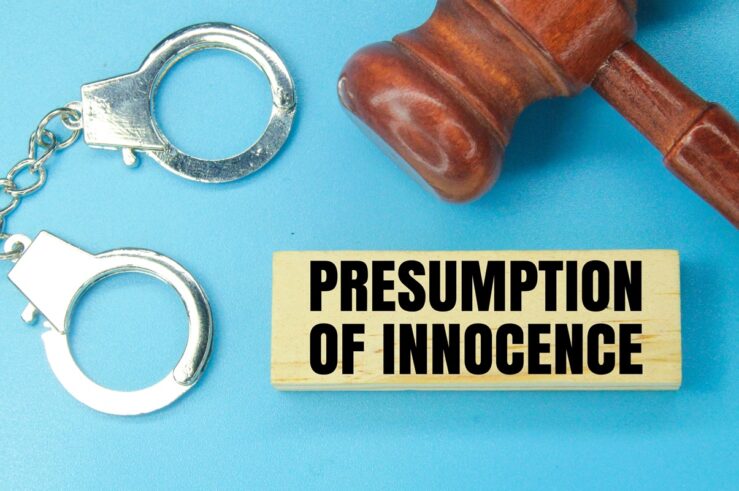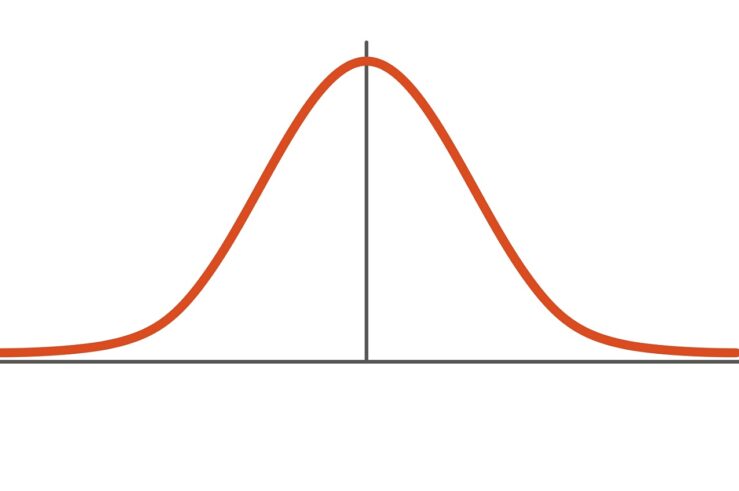Showing archive for: “Efficiencies”
The View from Canada: A TOTM Q&A with Aaron Wudrick
Aaron, could you please tell us a bit about your background and how you became interested in competition law and digital-competition regulation? I’m a lawyer by profession, but have taken a somewhat unconventional career path—I started as a litigator in a small general practice in my hometown outside Toronto, moved on to corporate law with ... The View from Canada: A TOTM Q&A with Aaron Wudrick
Live Nation Breakup: Are Mergers Really to Blame for Ticketmaster’s Problems?
The U.S. Justice Department (DOJ) announced yesterday that it has filed suit, along with 29 states and the District of Columbia, charging Live Nation Entertainment Inc. and its subsidiary Ticketmaster LLC with monopolizing the live-events industry in violation of Section 2 of the Sherman Act. The suit, filed in the U.S. District Court for the ... Live Nation Breakup: Are Mergers Really to Blame for Ticketmaster’s Problems?
DOJ’s Case Against Apple: Beware of Forcing ‘Efficiencies’
The U.S. Justice Department’s (DOJ) recent complaint charging Apple with monopolizing smartphone markets is, according to Assistant U.S. Attorney General Jonathan Kanter, intended as a contribution to the agency’s “enduring legacy of taking on the biggest and toughest monopolies in history.” Unfortunately, the case has fundamental weaknesses in its assessment of both Apple’s alleged monopoly ... DOJ’s Case Against Apple: Beware of Forcing ‘Efficiencies’
Kroger/Albertsons: Is Labor Bargaining Power an Antitrust Harm?
The Federal Trade Commission’s (FTC) recent complaint challenging the proposed merger of the supermarkets Kroger Co. and Albertsons Companies Inc. has important implications for antitrust enforcement in labor markets. Central to the FTC’s case is how it chooses to define the relevant markets, and particularly the commission’s focus on unionized grocery workers. The complaint alleges ... Kroger/Albertsons: Is Labor Bargaining Power an Antitrust Harm?
India Should Question Europe’s Digital-Regulation Strategy
A year after it was created by the Government of India’s Ministry of Corporate Affairs to examine the need for a separate law on competition in digital markets, India’s Committee on Digital Competition Law (CDCL) in February both published its report recommending adoption of such rules and submitted the draft Digital Competition Act (DCA), which ... India Should Question Europe’s Digital-Regulation Strategy
The DMA’s Missing Presumption of Innocence
The EU’s Digital Markets Act (DMA) will come into effect March 7, forcing a handful of digital platforms to change their market conduct in some unprecedented ways. The law effectively judges them guilty (with a very limited, formalistic trial), and brands them “gatekeepers” based purely on size. It then sentences them to far-reaching, one-size-fits-all antitrust-style ... The DMA’s Missing Presumption of Innocence
A European Commission Challenge to iRobot’s Acquisition Is Unjustified and Would Harm Dynamic Competition
Once again, a major competition agency, the European Commission, appears poised to take an anticompetitive enforcement action—in this case, blocking Amazon’s acquisition of consumer robotic-manufacturer iRobot. iRobot, headquartered in Bedford, Massachusetts, is an American success story: Founded in 1990 by Massachusetts Institute of Technology roboticists with the vision of making practical robots a reality, iRobot ... A European Commission Challenge to iRobot’s Acquisition Is Unjustified and Would Harm Dynamic Competition
Four Problems with the Supreme Court’s Refusal To Hear the Epic v Apple Dispute
The U.S. Supreme Court this week rejected both parties’ petitions for certiorari in appeals of the 9th U.S. Circuit Court of Appeals’ Epic Games v Apple decision. Many observers—including Epic CEO Tim Sweeney—have marked this as an unmitigated loss for Epic. That’s partly right. The district court had correctly rejected Epic’s federal antitrust claims against ... Four Problems with the Supreme Court’s Refusal To Hear the Epic v Apple Dispute
The Porcine 2023 Merger Guidelines (The Pig Still Oinks)
Well, they have done it. On Dec. 18, the Federal Trade Commission (FTC) and U.S. Justice Department (DOJ) issued their final 2023 merger guidelines, as an early New Year’s gift (nicely sandwiched between Hanukkah, which ended Dec. 15, and Christmas) of the porcine sort. The two agencies try to put lipstick on this pig by ... The Porcine 2023 Merger Guidelines (The Pig Still Oinks)
Draft Merger Guidelines Do Not ‘Return Antitrust to a Sound Economic and Legal Foundation’ – A Response to Professor Kwoka
In a recently published article in ProMarket, John Kwoka of Northeastern University (who “worked on the draft Merger Guidelines while serving at the Federal Trade Commission as chief economist to the chair in 2022”) asserts that the U.S. Justice Department (DOJ) and Federal Trade Commission’s (FTC) draft merger guidelines aim to improve “deficient merger enforcement” ... Draft Merger Guidelines Do Not ‘Return Antitrust to a Sound Economic and Legal Foundation’ – A Response to Professor Kwoka
Abandoning Antitrust Common Sense: The FTC’s New Normal?
This symposium wonders what exactly is “The FTC’s New Normal”? The short answer: scary. The current Federal Trade Commission (FTC) leadership is clear that old U.S. Supreme Court opinions, rather than more recent jurisprudence, are their lodestones for antitrust analysis. This is dramatically illustrated by the draft merger guidelines recently proposed by the FTC and ... Abandoning Antitrust Common Sense: The FTC’s New Normal?
Recent Antitrust and Regulatory Changes Both Unravel the Consensus
Presidential administrations over the last 50 years have pursued widely varying policy goals, but they have agreed—at least, in principle—that policies should be efficient and improve social welfare. Now, the Biden administration is taking steps to unravel that bipartisan consensus. We focus on different policy areas (Dudley on regulation and Sullivan on antitrust) and are ... Recent Antitrust and Regulatory Changes Both Unravel the Consensus
















